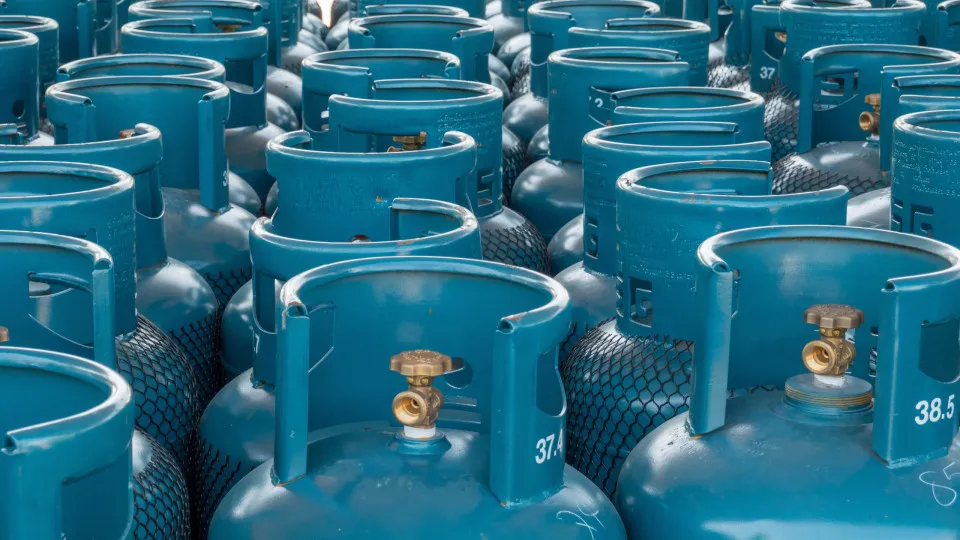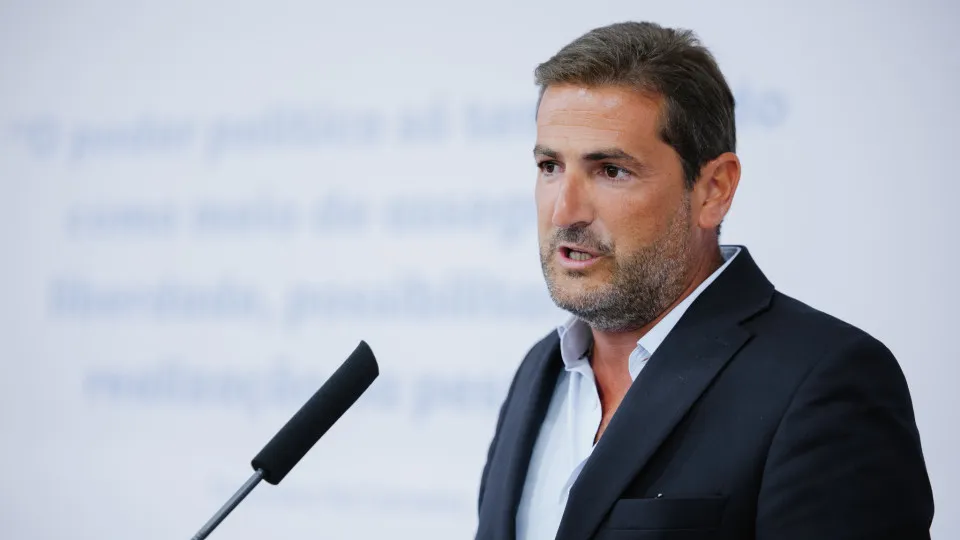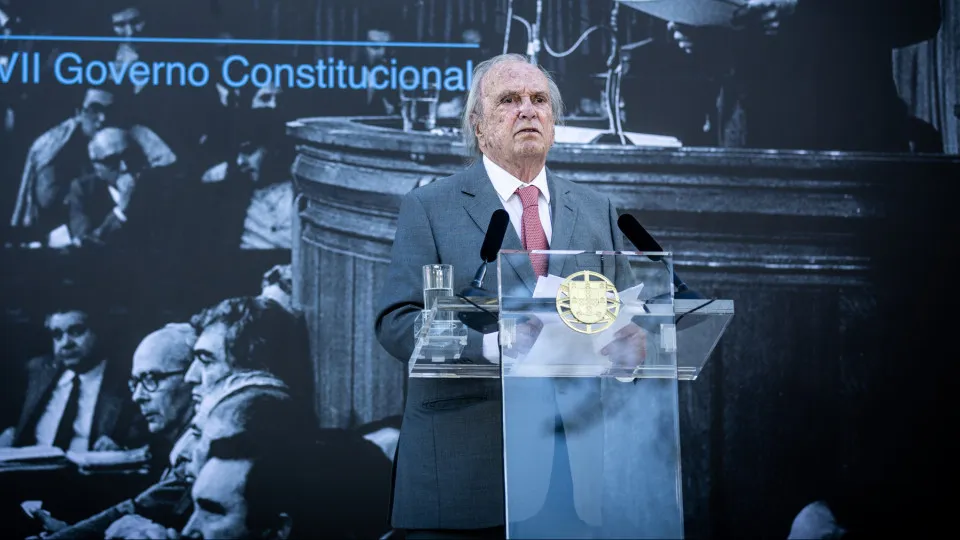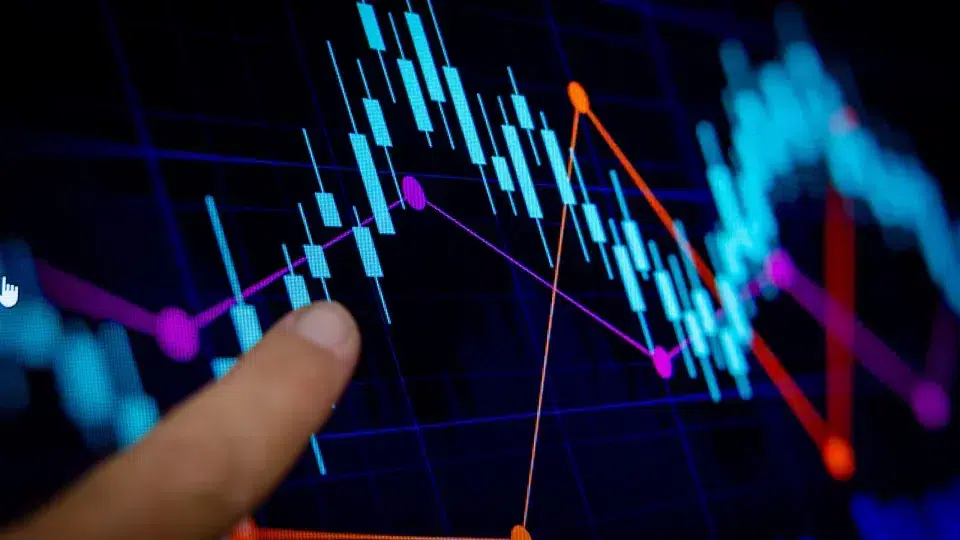
“We are improving a set of information that will better guide consumers in effectively exercising their right to choose their bottle supplier, choosing the cheapest bottles and those that are compatible,” stated Pedro Verdelho, Chairman of the Board of Directors of ERSE, during a hearing in the Environment and Energy Committee.
The objective, he emphasized, is to “encourage consumers to make their choice” in a context where — unlike with fuels — consumer prices for LPG (liquefied petroleum gas), specifically butane gas, have been above the “efficient market price” determined by ERSE.
“Regarding propane, which is heavily used by industry, things are relatively favorable. But concerning butane, we still have some issues, some differences, that require our attention,” he said.
Pedro Verdelho explained that the butane LPG network “is very capillary and long, as it reaches all locations, which incurs costs,” noting that it is actually “not a physical network,” like gas or electricity, but a “virtual network.”
“But we are refining tools to facilitate [the choice] for consumers. Very soon we will have a ‘dashboard’ that will enable this,” he affirmed.
While admitting that “the issue of reducers [for butane gas bottles] may pose a barrier to change,” the ERSE president noted that “there are several reducers from different companies that are perfectly compatible”: “We will identify these, so that consumers can change companies, especially to those where the reducers are compatible,” he said.
In this regard, Pedro Verdelho also emphasized that “any price intervention in the market always has adverse effects,” so the regulator seeks “to balance these two dimensions.”
Regarding electricity prices in Portugal, the official noted that they are currently “14% below the euro area” in the domestic residential segment and “35% below” in the industrial sector, while in natural gas, being “close to the Atlantic basin, prices are 14% below for the residential segment and 11% below for the industrial segment.”
“As for fuels, our prices, without taxes, are lower than those in Spain, both in gasoline and diesel,” Pedro Verdelho told the members of the Environment and Energy Committee.
Regarding the exceptional reviews of electricity tariffs needed when it is necessary to adjust the energy tariff and network access tariffs (TAR) to market conditions, the ERSE president stated that the regulator’s strategy has been to try to reduce short-term price volatility by “selling future production with guaranteed prices.”
“In 2024, we had a significant deviation level problem, which required action, [so] we used an exceptional review mechanism. [But] from a medium/long-term perspective, we are increasing the firmness of these contracts by making long-term auctions to reduce this volatility and using exceptional tariff reviews as a last resort,” he explained.
However, he noted, this “is a process that must be gradual.”




